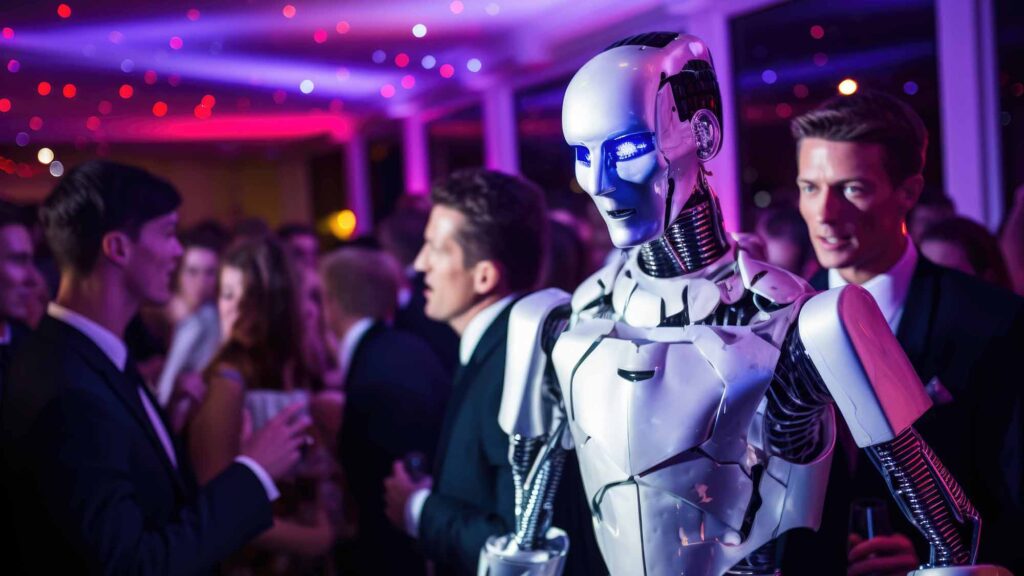Real-World Applications of AI Agents in Business and Entertainment

Artificial Intelligence (AI) agents are revolutionizing various industries by automating tasks, enhancing customer experiences, and driving innovation. In both business and entertainment sectors, AI agents are being deployed to streamline operations, personalize content, and create immersive experiences.
Business Applications
- Customer Support and Engagement
AI agents are increasingly used to handle customer inquiries, providing instant responses and support. For instance, HubSpot’s Breeze AI Agents include a Customer Agent that helps businesses respond to customers more efficiently, improving overall customer satisfaction.
- Marketing and Sales Automation
In marketing, AI agents assist in content creation, lead generation, and campaign management. HubSpot’s Content Agent and Prospecting Agent automate the creation of marketing content and help identify potential sales leads, respectively, thereby enhancing productivity and targeting.
- Data Entry and Process Automation
Microsoft’s Copilot Studio has introduced a “computer use” feature that allows AI agents to interact directly with websites and desktop applications. This capability enables businesses to automate tasks such as data entry and invoice processing, even in systems without APIs, by simulating human interactions with software interfaces.
4. Dynamic Pricing and Market Analysis
AI agents analyze market trends, demand fluctuations, and competitor pricing in real-time to adjust prices dynamically. This approach is employed by major retailers like Amazon and Walmart to optimize sales and maintain competitiveness.
Entertainment Applications
- Content Creation and Personalization
Adobe is developing advanced AI agents to assist users in content creation within its suite of creative apps. These agents aim to streamline complex design processes, making creative technology more accessible through AI-driven automation and intelligent assistance.
- Interactive Gaming Experiences
AI agents are enhancing gaming experiences by providing more realistic and challenging opponents. For example, Sony’s GT Sophy is an AI agent that competes with human players in Gran Turismo 7, using reinforcement learning to improve its performance and provide a formidable challenge to players.
- Virtual Performers and Entertainment
AI-generated virtual performers are being used to create immersive entertainment experiences. Bands like ABBA and KISS have partnered with technology companies to develop deepfake avatars capable of performing virtual concerts, allowing fans to experience performances in innovative ways.
Conclusion
The integration of AI agents into business and entertainment sectors is transforming how organizations operate and engage with their audiences. By automating routine tasks, personalizing experiences, and creating new forms of interaction, AI agents are paving the way for more efficient and immersive experiences across industries.
Stay tuned for our next post: “The Future of Decentralized AI: Opportunities and Challenges.”
